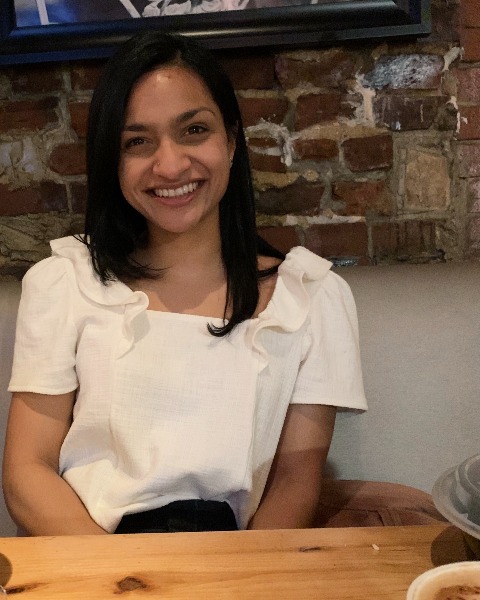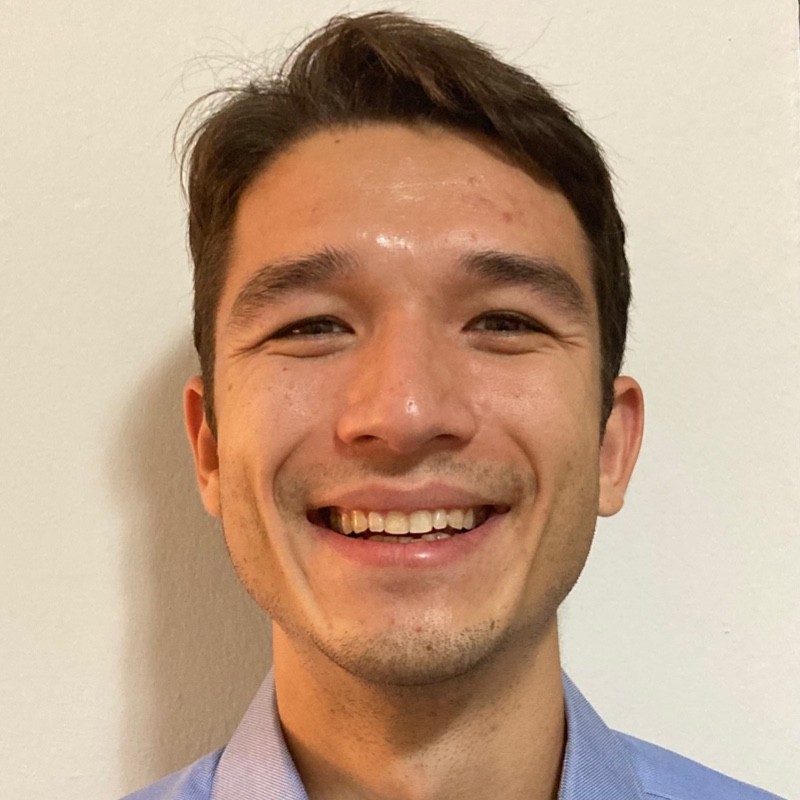Treatment - Mindfulness & Acceptance
(PS12-B34) Using Digital Tools to Enhance Group Therapy in PCMHI: A Trial of the VA CALM Mindfulness Group Augmented by Mindfulness Coach

Ramya Ramadurai, B.A.
Graduate Student
American University
Bethesda, Maryland
Jacob Gustaveson, B.A.
PhD Student & Psychology Extern
American University & DC VAMC
Washington, District of Columbia- MS
Mauli Shah, Ph.D.
Staff Psychologist
Washington DC VA Medical Center
Washington, District of Columbia
Author(s)
Co-Author(s)
Mindfulness treatment is an effective way to reduce anxiety, depression, and stress in veteran populations (Serpa et al., 2014). The VA CALM (Clinician’s Guide to Teaching Mindfulness) group is nationally implemented, 6-sessions at 1.5 hours long each, and teaches critical skills related to nonjudgmental momentary awareness (Serpa et al., 2022). Digital tools have been indicated as a feasible way to enhance the link between treatment and skill practice in daily life (Beard et al., 2020; Sedgwick et al., 2021). Tools such as apps may be especially helpful in behavioral health services integrated into primary care, where contact with patients is typically short-term. Indeed, the VA developed Mindfulness Coach app is one of the widely recommended apps by VA primary care providers (Miller et al., 2021), and has substantial content overlap with VA CALM. The authors developed a protocol to augment the VA CALM group with the VA Mindfulness Coach app and implemented this integration within PCMHI. We used participant feedback to iteratively make changes to the protocol. Qualitative and quantitative measures are being used to examine the feasibility, acceptability, and preliminary clinical outcomes.
Group participants were referred by psychology team members within PCMHI at the Washington DC VA Medical Center. The group was co-led by the first (psychology extern) and last author (staff psychologist trained in the VA CALM Mindfulness protocol). Participants completed surveys prior to and after completion of the 6-session group. The battery included: the TWEETS scale for technology engagement, Credibility and Expectancy Questionnaire, Five Factor Mindfulness Questionnaire, Perceived Stress Scale, and Quality of Life Enjoyment Satisfaction Questionnaire. Qualitative data about group experience was collected during sessions and during the exit interview based on the System Usability Scale.
Three groups (N=16) have been completed. In-session qualitative feedback reporting difficulty with the group dynamic, confusion related to suggested app features, and desire for more psychoeducation, led group leaders to prompt participants to engage with the group and provide more explicit instructions on completing weekly assigned mindfulness exercises. Post-group feedback illustrated heterogeneity in preference, with most participants finding the app to be a helpful adjunct to group, and a minority did not want to use the app and never initiated use. Preliminary clinical data indicated upward trends in mindfulness skills and quality of life, and reductions in stress. Participants were engaged with the group-app integration, though affective engagement (e.g., enjoyment) was lower than reported behavior (e.g., app use) and cognition (e.g., motivation).
While finalized data from subsequent group iterations will be presented, preliminary outcomes indicated the integrated group was acceptable. It is likely that the human support in this protocol helped to build the supportive accountability (Mohr et al., 2011) between clinicians, participants, and the integrated group. Therapy groups in combination with targeted apps may be a feasible and scalable way to disseminate evidence-based skills and psychoeducation to veterans in primary care.

